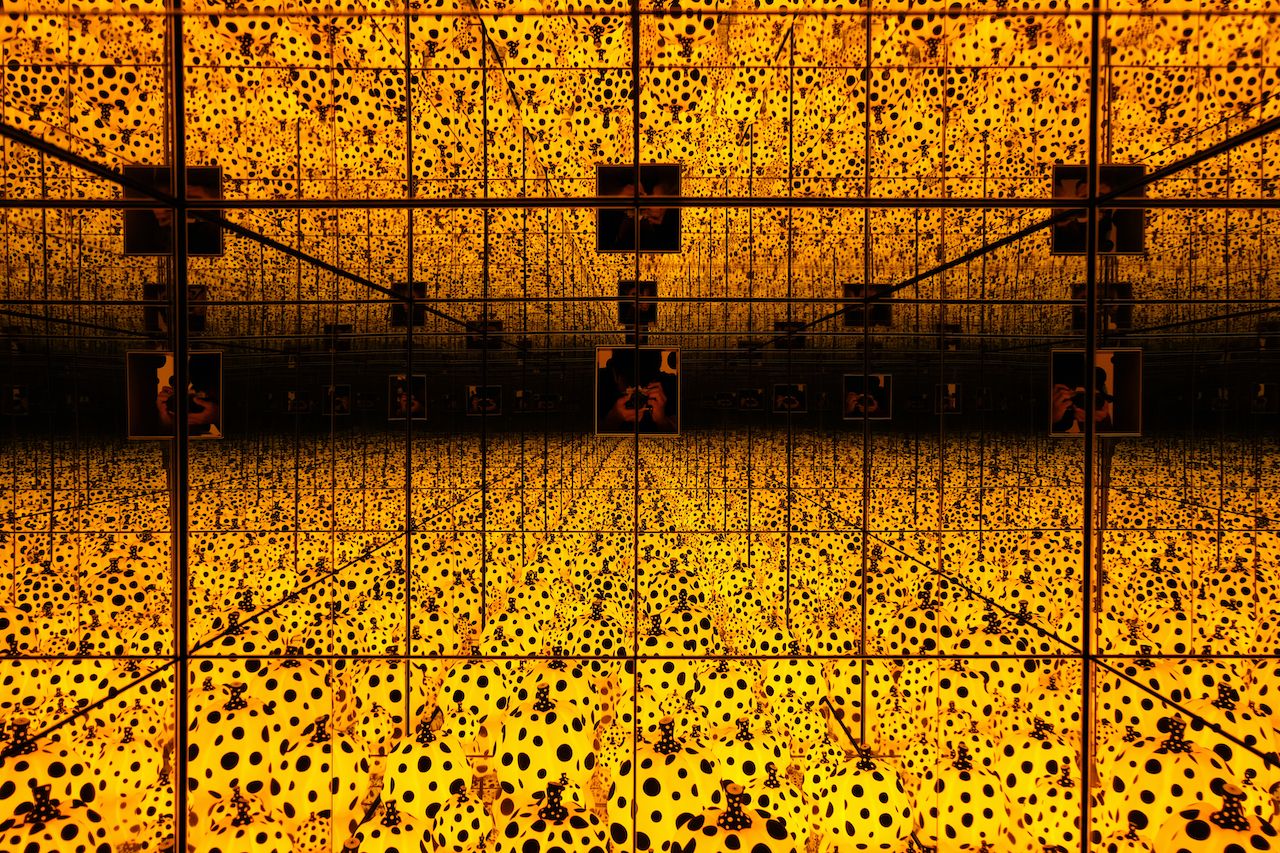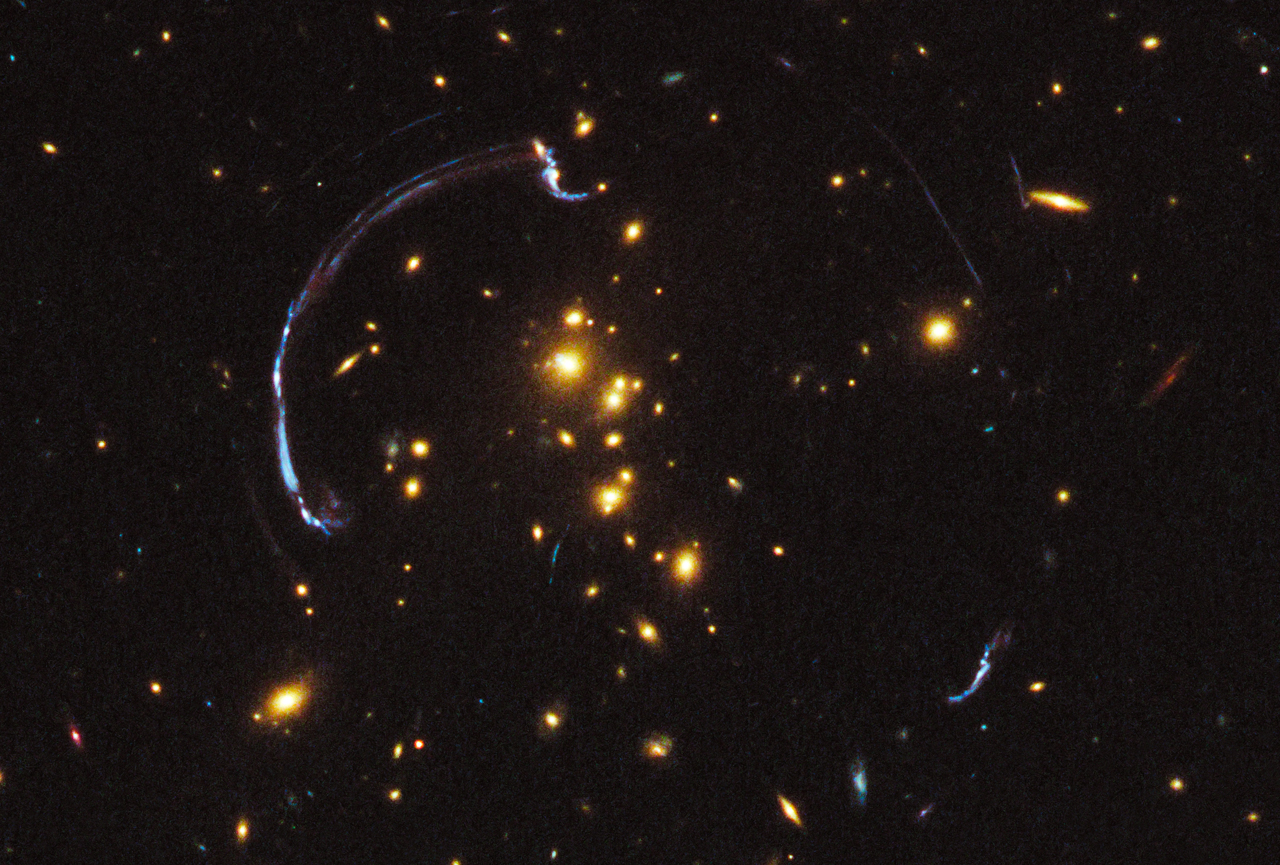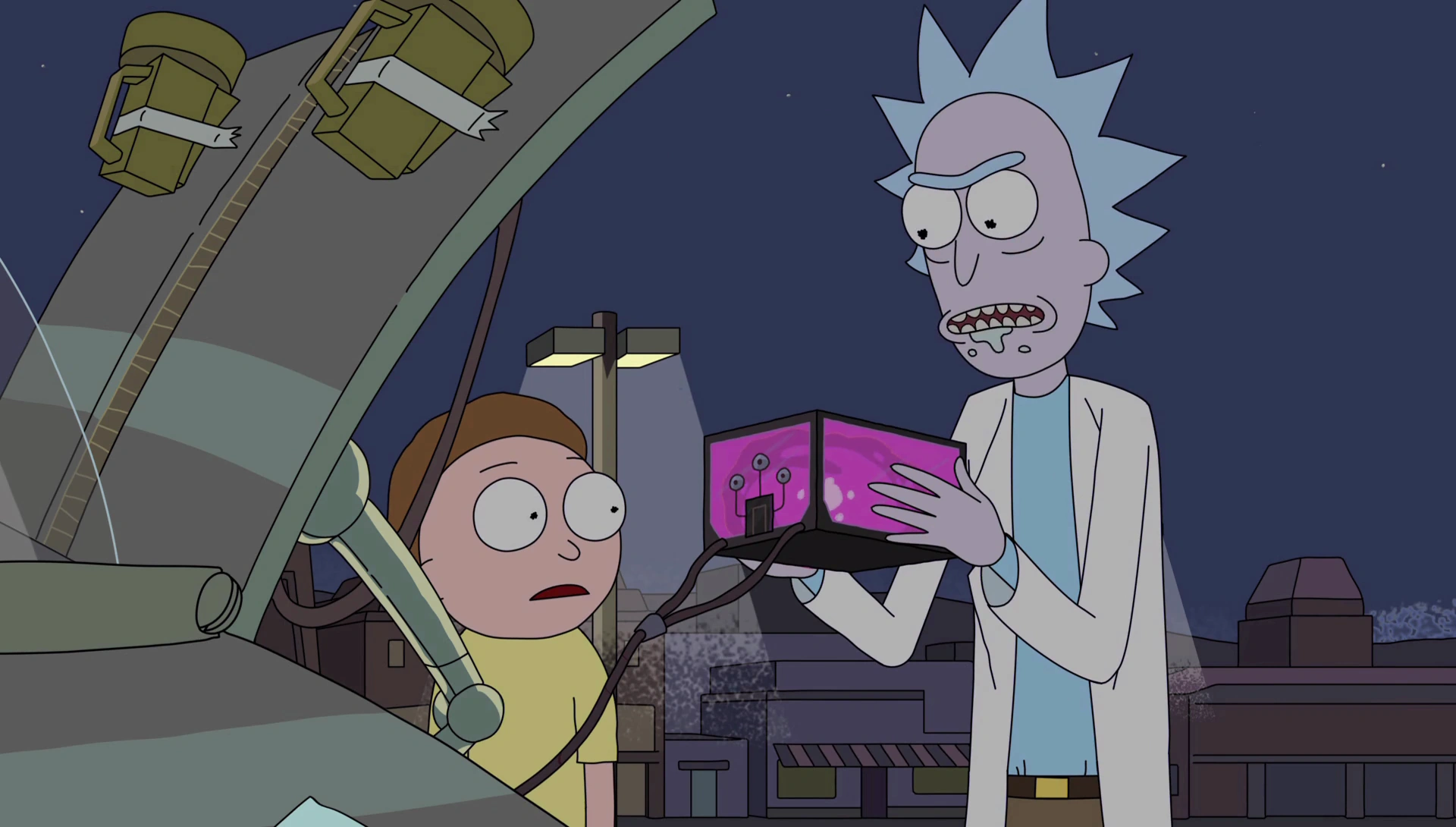As I was watching the news yesterday (something I rarely do) I became aware of the recent launch of Euclid : what a wonderful thing! The broadcaster was obviously showing a few pictures taken by the newborn camera, one of which showed a gravitational lensing effect.
This type of images is not new : we have seen them before from a number of space telescope and they have sparkled some pretty funky thoughts and theories. At the moment I saw the picture (not the above, but similar) a thought crossed my mind : What if we’re looking at ourselves?1
A fractal universe
At least from my point of view, the Universe is fractal in nature and patterns repeat over and over again with minor variations until one iteration eventually gets significantly different from the previous one : we see this pattern so often we tend to forget about the underlying facts, and even have trouble making the difference what is real and what is “fake” (rather, computer-generated).
News flash : AI-generated images are not the only ones we can mistake for real ones! Joke set aside, let’s get back to the point : blackholes. Blackholes, as we all know, are blobs of matter of such density that nothing, not even light, can escape from ; but that view is quite naïve, because actually black holes radiate light in the infrared spectrum as a consequence of that b-hole’s entropy. It’s not dissimilar to am unknown hashing mechanism, one that cannot be reversed easily : we don’t get the whole picture (in computer science, the content of this hash’s rainbow table, but we can still get a glimpse of what is happening. Or, more accurately, an electronics black box : we can guess some things about the box, but its most intricate details remain obscured from our view.
Black holes are one-way mirrors
Right, now that we have established b-holes are not dissimilar to b-boxes, lets take it one step further and consider that ray of light we’re using to probe that box : it gets trapped in the giant and mystical space blender only to come out shredded and in the infrared spectrum. It has to be infrared, because since the Universe is expanding the frequency of that light will tend to be lower than the light we initially threw at the hole : we’ve know this since the first ambulance.
Now, let’s hop on that ray of light and take a dive inside the blackhole. There’s no coming back, but what the heck this planet is already toasting so we might as well take the chance and the grass is obviously greener there.
So we’re inside : some will say you can’t do that, you will be shredded into pieces because of the gravitational forces. Maybe I agree, maybe not. Maybe only large celestial bodies get shredded, and small ones survive because the local gradient is not that large : until we have actually tried this remains pure speculation and is irrelevant in our thought experiment. Blackholes are like prisons, in that it’s much easier to get in than out (at least supposedly, I know of at least one dude who was kicked out of a mental asylum because no-one cold stand him anymore) and the same applies to light. Inside our blackhole it’s obviously black or dark or whatever, but we have taken our precautions and a flintstone we’ll spark right about now : we get a little blinded, and that’s pretty much it. Still dark. While we’re waiting for something to happen, let’s open a beer which, as we all should be aware, will make us fart in a minute or two. That stinks, so we close our eyes in disgust, remember that once that methane has combusted we’ll end up with mostly water vapor and spark our flintstone again.
(Big) boom!
Boom, or bang, or whatever : that will depend on your local dialect. We open our eyes again. It’s dark. For a short while only, because the light from the explosion has scattered like a shockwave to the edges of our dark prison, and then bounces back to us : remember it cannot escape, and it has to go somewhere. The blackhole is notre quite a sphere, and we’re not quite at its center so some of this light zooms past us, bounces back a few times before eventually reaching our pupil. This is not dissimilar to one of these Infinity rooms like the one pictured below : until you have hit your nose a few times it really seems spacious.
In our case, the blackhole is not a cube, rather like a drop of water floating inside of a space shuttle. It is wobbling around, constantly changing shape because of external influences and our light rays prodding at its surface from the inside. Of course, at our scale, it seems our box has a solid and fixed shape : quite a few generations have passed since we ignited our fart, and by the time the light has bounced back and forth a few times no-one even remembers who farted (not that it really matters, and at least we have water now). Furthermore, the photons bouncing back and forth interfere with each other : young photons, old photons.. who can tell?
Gravitational lenses and such artefacts caused by dark matter are now quite easy to explain, so easy in fact we don’t need to resort to fancy things that don’t actually exist but make it easier for us to believe we’re not alone in our teeny tiny universe
Our universe is expanding.. or is it?
Now that we have established that our visible universe may be nothing else than the inside of a b-hole, and may in fact be much smaller than it actually seems, let’s consider the involved dimensions. Stuff that gets in the blackhole doesn’t come out, so that mass is getting greater and greater and probably larger and larger - just like our micro-gravity water bubble - while the gravitational forces are getting denser and denser, so we’re getting more and more compressed, smaller and smaller (and so do our measuring instruments), time runs faster and faster (but so do our watches), so the only thing we notice is an exponential growth of our universe. And wonder why that is.
Good news
Einstein was right all along, most of us simply misunderstood relativity. Outside our perceptible universe, God just moved a drop of water inside our blob-universe. God’s universe is expanding too. Or maybe he’s shrinking. But no-one really cares.
Want some more?
Here’s a short essay I wrote a while ago (in french): Représentation



